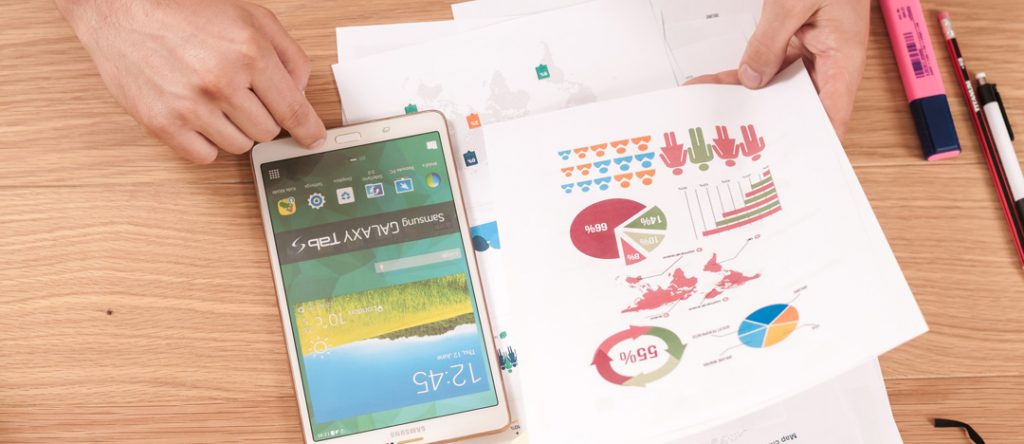
If the credit card you use to pay for GitHub is declined, you can take several steps to ensure that your payments go through and that you are not locked out of your account.
If your card is declined, we’ll send you an email about why the payment was declined. You’ll have a few days to resolve the problem before we try charging you again.
Check your card’s expiration date
If your card has expired, you’ll need to update your account’s payment information. For more information, see “Adding or editing a payment method.”
Verify your bank’s policy on card restrictions
Some international banks place restrictions on international, e-commerce, and automatically recurring transactions. If you’re having trouble making a payment with your international credit card, call your bank to see if there are any restrictions on your card.
We also support payments through PayPal. For more information, see “Adding or editing a payment method.”
Contact your bank for details about the transaction
Your bank can provide additional information about declined payments if you specifically ask about the attempted transaction. If there are restrictions on your card and you need to call your bank, provide this information to your bank:
- The amount you’re being charged. The amount for your plan appears on your account’s receipts. For more information, see “Viewing your payment history and receipts.”
- The date when GitHub bills you. Your account’s billing date appears on your receipts.
- The transaction ID number. Your account’s transaction ID appears on your receipts.
- The merchant name. The merchant name is GitHub.
- The error message your bank sent with the declined charge. You can find your bank’s error message on the email we send you when a charge is declined.
Photo by William Iven on Unsplash
 Oberlo: How to Assign Products to Collections
Oberlo: How to Assign Products to Collections What is Split Licensing and the GPL License?
What is Split Licensing and the GPL License? Using Your Envato Account For Charitable Purposes
Using Your Envato Account For Charitable Purposes